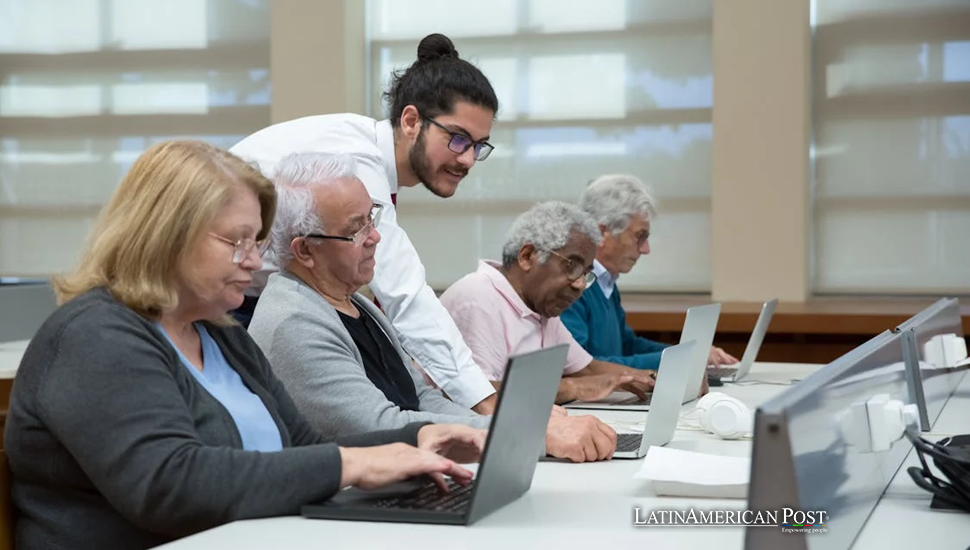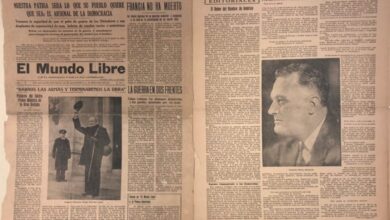Latin America’s Fight for Media Literacy in the Digital Age

In a region where only 19% of people regularly check if the news is accurate, false information is probably a significant danger to democracy and public trust. DigiMENTE, supported by the Google News Initiative, is changing how people in Latin America understand media.
A Region Grappling with Misinformation
In today’s digital world, Latin America is in the grip of a growing crisis: misinformation. Shockingly, a study by Activa and the Worldwide Independent Network of Market Research (WIN) revealed that only 19% of Latin Americans bother to verify the truthfulness of the news they encounter. This leaves the majority of the population vulnerable to the manipulation of facts, political propaganda, and misleading narratives.
Social media, the primary news source for many in this region, is a double-edged sword. While it provides instant updates, it also serves as a fertile ground for the rapid spread of false information. This misinformation, with its far-reaching effects, is not to be underestimated. It has the power to sway election results and erode trust in health campaigns, thereby disrupting societies. Latin America, with its often-unstable political landscape, is particularly susceptible to this problem.
DigiMENTE, Latin America’s pioneering media literacy platform, is at the forefront of the battle against misinformation. With unwavering support from the Google News Initiative (GNI) for the fourth consecutive year, DigiMENTE is revolutionizing the way communities in Latin America understand and combat misinformation. Its unique approach focuses on educating communities on identifying misinformation, evaluating sources, and fostering responsible digital citizenship.
DigiMENTE’s Grassroots Approach to Education
DigiMENTE succeeds because it focuses on local communities. It changes its programs to fit the unique needs of Latin America’s mix of people. This is special. Workshops, online courses, and outreach work very well with local life. They turn complex topics like digital skills into something easy to understand.
The platform employs practical methods that resonate with participants. They learn to identify misinformation through real-world examples, such as debunking viral rumors about public figures or fact-checking claims made during elections. A teacher from Argentina who attended a DigiMENTE workshop remarked, “I now feel confident teaching my students how to question what they see online. This isn’t just about technology but empowering future generations.” This practical approach instills confidence and reassurance in the effectiveness of the program.
DigiMENTE also examines problems caused by cultural differences in the region. In Brazil, the goal is often to correct false health beliefs. In Mexico, the main concern is political lies during elections. Addressing local situations is important for DigiMENTE. This keeps these programs important and effective.
The Invisible Cost of Misinformation
The problem of misinformation affects both society and the economy. A clear example came from a test campaign showing how AI tools generated propaganda for only $400. This experiment created fake posts, articles, and images to push political stories. These powerful technologies are now very accessible and quite dangerous.
Latin America has seen this play out repeatedly. False claims targeting candidates or political movements spread like wildfire during election cycles. Health misinformation has also had devastating consequences, from COVID-19 myths discouraging vaccinations to unverified remedies that put lives at risk.
DigiMENTE directly tackles these issues by offering practical solutions. Participants are taught how to recognize AI-generated content, identify bots, and evaluate the credibility of sources. These skills are not just theoretical, they have real-world applications that help participants avoid falling victim to digital traps.
Building a Culture of Critical Thinking
DigiMENTE’s long-term goal is to build a culture of critical thinking. This goal goes beyond teaching people how to identify fake news. Once people complete the program, many speak out for clever community media use.
However, challenges still exist. A digital divide is a significant problem, especially in rural areas with poor internet. DigiMENTE tries to solve this by testing offline methods. These methods include printed guides and radio talks about media literacy for those without the internet.
Also read : Colombia’s Prehistoric Terror Bird of Tatacoa
Google News Initiative keeps supporting DigiMENTE. This ongoing help emphasizes the vital work in fighting false information. By equipping individuals with the tools to question and verify information, Latin America is making strides toward becoming a more informed and resilient region.





